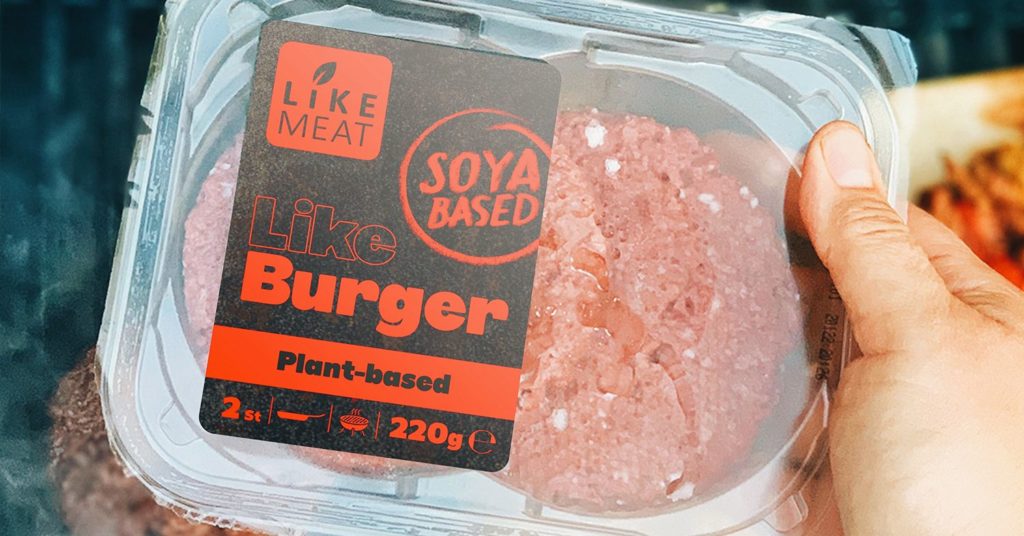The European Parliament has rejected a proposal that would ban the use of terms like “burger,” “sausage,” and “steak” on plant-based products.
Copa-Cogeca, the largest farmers’ association in Europe, supported the initial proposal. The group claimed that labeling vegetarian or vegan products with such terms is misleading and confusing for consumers.
Greenpeace and the World Wildlife Fund were among the organizations that urged MEPs to vote it down.
In a letter—also signed by 11 other environmental groups—the organizations criticized the proposal. They noted that it goes against the EU’s climate objectives.
The EU Green New Deal’s Farm to Fork strategy encourages a shift to more sustainable, plant-based diets.
Marco Contiero is Greenpeace’s EU agriculture policy director. He told the Independent that the proposal was an “attempt to prevent a new, very important business from actually conquering the market.”
‘Consumers Are in No Way Confused’
Now, organizations have praised MEPs for their “common sense,” following the vote against the proposal.
Camille Perrin, senior food policy officer at the European Consumer Organization, said in a statement that as long as food labels are clear, “consumers are in no way confused by a soy steak or chickpea-based sausage.”
She added: “Terms such as ‘burger’ or ‘steak’ on plant-based items simply make it much easier for consumers to know how to integrate these products within a meal.”
In a Tweet, MEP Nikola Villumsen said: “Reason prevailed, and climate sinners lost. It’s worth celebrating with a veggie burger.”
But the EU has also received wide criticism for another similar vote. MEPs voted for a ban on terms such as “yogurt style” and “cheese alternative” on dairy-free items.
In a statement, Contiero called MEPs “pathetic” for not standing up to industrial agriculture lobbyists on the proposal.
“The votes won’t change the fact that more and more people are eating more vegetables,” he said. “[They’re] switching to meat and dairy alternatives, for the sake of their health and the environment, and will continue to call dairy-free products ‘ yogurt’ and ‘cheese’ anyway.“


